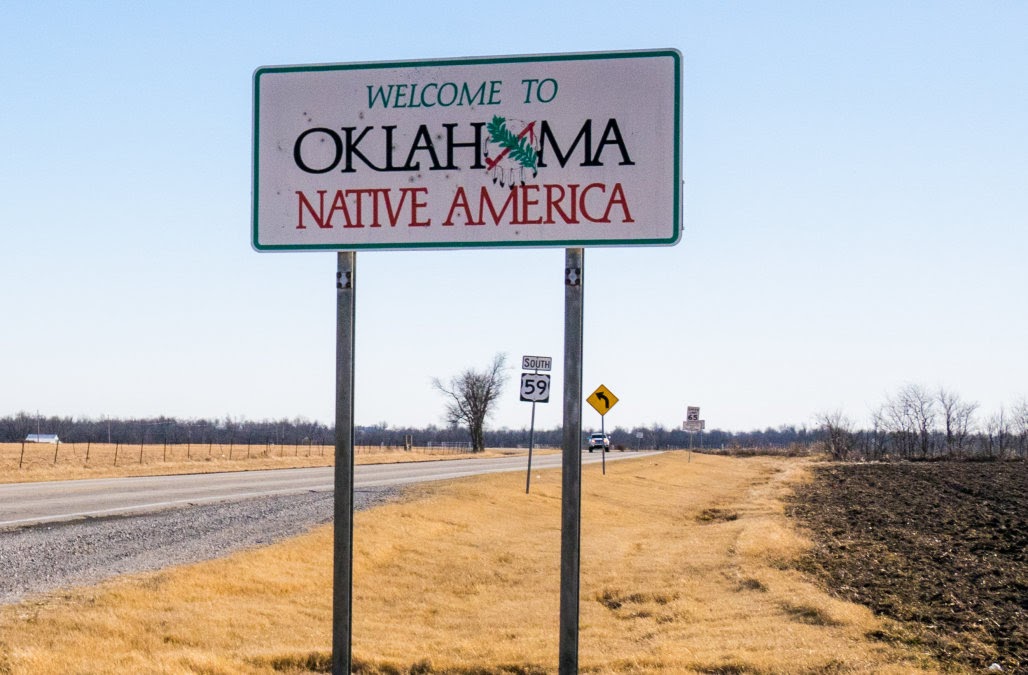February 11, 2021
On July 9, 2020 the United States Supreme Court issued a ruling in the case McGirt v. Oklahoma. In the ruling the Supreme Court determined which governments in Oklahoma are permitted to exercise criminal jurisdiction over Native American tribal members who allegedly commit certain crimes within the boundaries of the Creek Nation’s reservation. The immediate result of the ruling was that a number of existing cases were transferred out of Oklahoma state courts and into Federal Courts. Future alleged crimes would be litigated in Federal Courts as well.
The short term effect of the ruling is that Tribal and State Governments have to examine existing jurisdiction sharing agreements, and update criminal codes. For example, the Cherokee Nation recently announced an overhaul of their criminal code in response to the ruling.
In the long term there are wider implications to the ruling many of which are not known. Most importantly, the ruling should help protect and expand Tribal sovereignty by setting precedent for future cases. This does not have immediate implications for the Seneca-Cayuga Nation, but protection of our sovereignty is always good, and this ruling is favorable if we are involved in future sovereignty disputes.
The case may also have implications for taxation, environmental protection, and other areas of law. However, each situation is unique, and each Tribe is unique. The specific implications for each tribe and each area of law will likely be sorted out in the courts for years to come.
Currently there is no direct impact on the Seneca-Cayuga Nation from the McGirt ruling. We do believe the court made the right decision in upholding Tribal sovereignty and we continue to monitor how the ruling impacts us specifically, and what new opportunities it may bring.
If you want to learn more about McGirt v. Oklahoma here are some resources:
- Nativenewsonline.net has several articles about the ruling and its implications, including this summary.
- OHS.org has a video presentation about the case available.
- Case Summary on SCOTUSBlog.com
- Case Summary on Harvard Law Review
